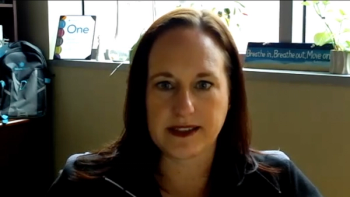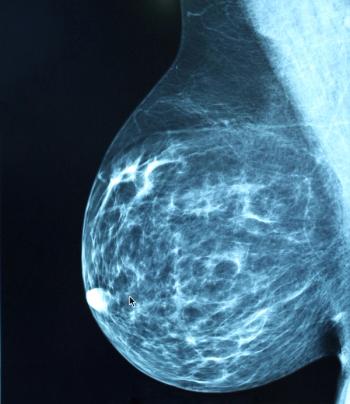
Oncology NEWS International
- Oncology NEWS International Vol 10 No 3
- Volume 10
- Issue 3
HHS Unveils New Rules Governing Physician Self-Referrals
WASHINGTON-New Medicare regulations governing self-referrals by physicians will go into effect on Jan. 4, 2002. The first version of the final rule was announced early in January; a second "fine-tuned" version will be released later this year.
WASHINGTONNew Medicare regulations governing self-referrals by physicians will go into effect on Jan. 4, 2002. The first version of the final rule was announced early in January; a second "fine-tuned" version will be released later this year.
The new Health Care Financing Administration (HCFA) regulations bar physicians, with some exceptions, from referring Medicare patients for certain health care services to entities with which the physicians or their immediate family members have a financial relationship.
However, the final rule generally permits physicians to refer to entities with which they have a compensation relationship, as long as the compensation paid to the physician is no more than would be paid to someone who provided the same services but was not in a position to generate business for the entity.
HCFA received more than 13,000 comments about the rules, which it originally proposed in 1998. Because the new rules vary so much from those it first proposed, HCFA gave the public until April 4 to provide additional comments. These comments, as well as comments on some provisions not dealt with in the regulations released in January, will be considered in the second phase of the final rule.
Congress passed its initial ban on physician self-referral in 1989, which is generally known as Stark I after its sponsor, Rep. Fortney "Pete" Stark (D-Calif).
The new rules will implement Stark II, a law that became effective in 1995 and expended Stark I to cover 10 other ser-vices. These service include physical and occupational therapy; home health services; radiation therapy services and supplies; and prosthetics, orthotics, and prosthetic devices and supplies.
Physicians who violate the law can be denied or forced to refund Medicare payments and could face civil fines.
"We believe this statute is a powerful deterrent to fraud and abuse," said June Gibbs Brown, inspector general of the Department of Health and Human Services (HHS).
Exceptions
The new self-referral rule provides for certain exceptions. For example, it expands the law’s exceptions "for services provided in a physician’s office and for services provided by managed care plans," HCFA said.
In addition, the rule allows exceptions to permit certain indirect compensation arrangements, to allow small nonmonetary gifts, and to protect financial arrangements between academic medical centers and their facilities if certain criteria are met.
Compared with the proposed rule, the new version substantially reduces the potential financial liability of hospitals and other facilities, "if they neither knew nor had reason to suspect that they had an indirect financial relationship with a referring physician."
Articles in this issue
almost 25 years ago
First Racial-Ethnic Breast and Cervical Cancer Screening Dataalmost 25 years ago
Mitotic Activity Index IDs High-Risk Node-Negative Breast Canceralmost 25 years ago
Programs Help Women/Physicians Decide on Adjuvant Therapy for Breast Canceralmost 25 years ago
Disclosure Issues in Cancer Gene Testing Worry Doctorsalmost 25 years ago
Functional Assessment of Geriatric Cancer Patients Neededalmost 25 years ago
Mobile Mammography Programs Are Struggling to Survivealmost 25 years ago
Ellence Research Fund Names 11 Grant Recipientsalmost 25 years ago
Hyperfractionated RT Ups Pharynx Cancer Survivalalmost 25 years ago
Internet Creates Virtual Radiology DepartmentNewsletter
Stay up to date on recent advances in the multidisciplinary approach to cancer.





































